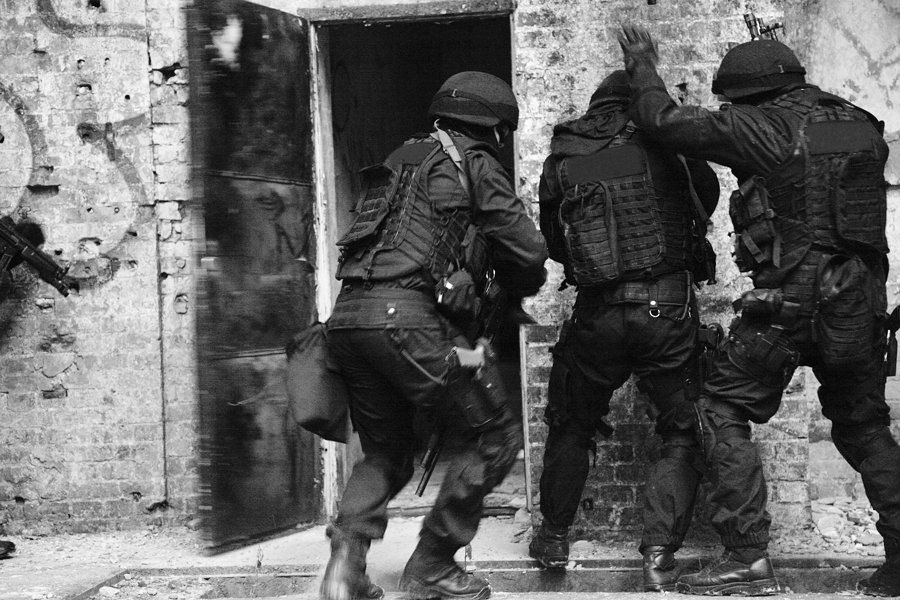
Caught in the Crossfire: Extremism in MENA
- 46% of online respondents think that people join violent extremist groups for money
- 37% of online respondents agree extremists in Mali are ‘abusing the name of Islam’
- 36% of online respondents think the French intervention in Mali will increase the likelihood of terrorist attacks in Europe
Following the major attacks on the In Amenas gas facility in Algeria this January, and intervention of the French military in Mali, further violent attacks in Iraq and growing lawless in the south of Libya has left many decision makers and political analysts speculating as to what will happen next and whether or not the violence will continue. However, little has been said about what people who live in the Middle East think about violent extremism. A recent survey, carried out by Al Aan TV and YouGov set to find out by conducting a survey among 2010 members of its online panel from February 14th-22nd 2013.
Most online respondents are well informed about recent violent extremist attacks, with 64 percent saying they are aware of the attack at In Amenas and 81 percent aware of the French military intervention in Mali. When asked if they were concerned about such attacks happening in the city where they live, 39 percent of online respondents say they are. Online respondents in the Levant are most likely to share this concern, with 44 percent indicating as such.
Online respondents in the Levant are also the most likely to think such violent acts could likely happen in their country of residence, with 46 percent indicating as such. When asked how that possibility makes them feel, online respondents from the Levant were most likely to say it makes them feel insecure (63 percent).
While the effects of extremism have a broad impact, online respondents most commonly cite the local population and the country’s economy (72 percent each) as being negatively affected. Nearly two-thirds (65 percent) of online respondents think that the national government is also negatively impacted by extremism.
It is interesting that online respondents place at least some blame on national governments when it comes to extremism. When asked who is most to blame for the deaths that resulted from the In Almas hostage situation, 54 percent of online respondents blame the Algerian government for not properly handling the situation. Further, when asked the two main reasons for the increase in violent attacks in West Africa, online respondents most commonly cite ‘currupt government’ (48 percent) and the ‘poverty of local populations’ (46 percent).
Respondents most commonly think the main reason some people get involved in extremist groups is the money that is obtained from them (46 percent) while just over one-quarter thinks it is because of genuine political motives.
Online respondents are most likely to identify the violent extremists in Mali as ‘extremists abusing the name of Islam’ (37 percent) followed by 29 percent who say they are ‘terrorists and have nothing to do with Islam’. Interestingly, roughly one-quarter of respondents say they are mercenaries paid by foreign forces.
Looking to the future, 43 percent of online respondents think the number of violent attacks will increase as a consequence of the French intervention in Mali, and 36 percent think it will increase the risk of violent attacks in Europe.
When asked what they could do to fight against extremism, online respondents most commonly said they would ‘educate their family better to prevent them from being attracted to extremist ideologies’ (63 percent) and 29 percent said that they would take part in their government’s anti-extremism programs.
The survey was conducted using YouGov’s Online Panel and all questionnaires were completed between February 14th – 22th 2013. The results are based on a total sample of 2,010 MENA residents. YouGov’s panel is broadly representative of the online population across the MENA region.